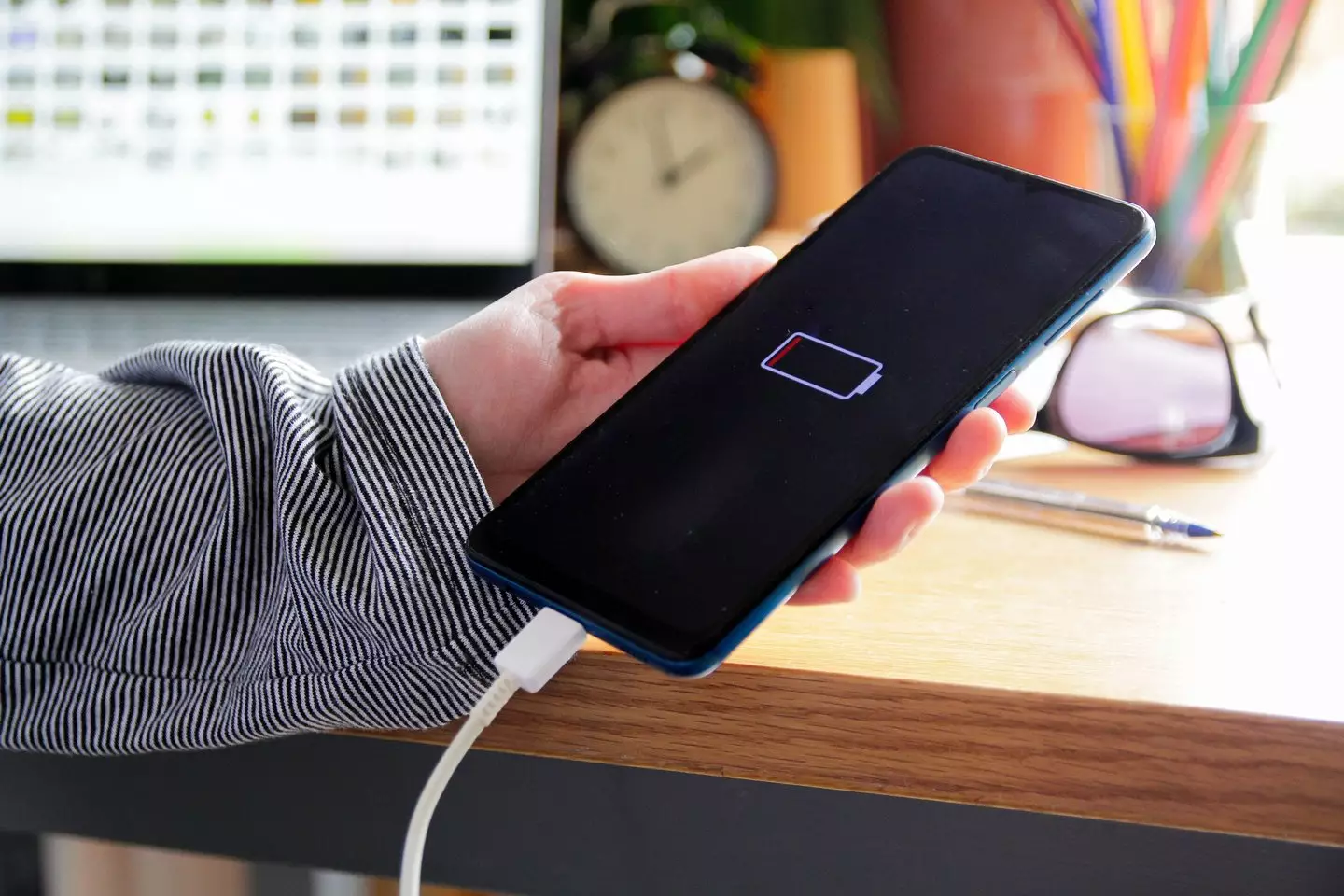
A cybersecurity expert has warned of a common red flag that could mean your phone has been hacked.
We basically live our entire lives through our phones, from keeping in touch with friends on social media, to work emails and managing our finances.
Sadly, our reliance on technology makes us susceptible to scammers who are looking to ransack our bank accounts by whatever means they can.
An anxiety-inducing phone call or a pesky road toll text could be all it takes to see the money vanish from your account.
Advert
Research by AAG found a whopping 53.35 million US citizens were affected by cyber crime in the first half of 2022.
Meanwhile, over in the UK, a study by Appdome revealed that 41 percent of consumers had experienced mobile fraud, malware or cyber attacks either first or second-hand.
And while we're becoming more aware of these ever-changing scam tactics, we could still fall victim - maybe without even realizing.
Cybersecurity expert Akash Mahajan, founder and CEO of Kloudle, says there's one unmistakable clue that's the most reliable sign your smartphone has been hacked.
“Unlike computers, smartphones rarely show obvious signs of compromise until significant damage has occurred," Mahajan explains.
If your battery starts draining more quickly, it could be cause for concern.
"Battery drain serves as one of the few early warning systems available to everyday users," Mahajan says. "Being vigilant about battery performance could be your first line of defence against these increasingly sophisticated threats."
Mahajan explains that battery drainage happens because hacking software often runs silently in the background, relaying your data to remote servers, tracking your activities or hijacking your phone's processing power. All of this consumes a noticeable amount of energy.
"When your fully charged phone suddenly starts depleting much faster than normal without any change in your usage patterns, it's a strong indication that malicious software is running in the background," Mahajan adds.

The security expert recommends the following five immediate steps for mobile users who suspect their smartphone has been hacked.
Disconnect from all networks immediately
Activate airplane mode and turn off Wi-Fi and Bluetooth. This cuts the connection between your device and potential hackers, preventing further data theft while you address the problem.
Run a comprehensive security scan
Install a reputable mobile security application from your official app store - such as Google Play or Apple App Store - and perform a full system scan.
These tools can identify and remove most forms of malware that might be hiding on your device.
Change all critical passwords

Using a different, uncompromised device, immediately change passwords for your email, banking apps, social media and other important services.
Create strong, unique passwords and enable multi-factor authentication wherever available.
Update and clean your device
Update your operating system to the latest version, as updates often include security patches for known vulnerabilities.
Remove any suspicious or unfamiliar applications, and revoke unnecessary app permissions, particularly those requesting access to your contacts, camera or location.
Report the incident
Ensure you report serious cybercrime incidents to the appropriate governing body.
In the US, that's Internet Crime Complaint Center, while in the UK, it's Action Fraud.
For financial fraud, contact your bank immediately; they have specific protocols for handling such incidents.
Topics: Technology, Crime, Phones, iPhone